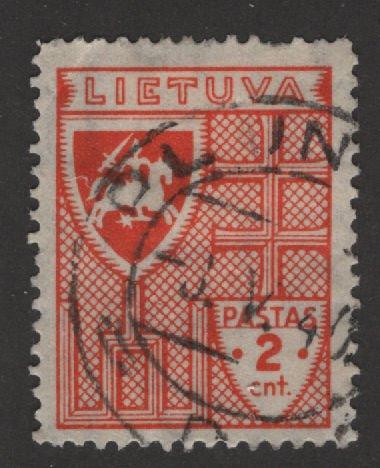Lithuania: A Country with Rich Heritage and Growing Economy

Introduction to Lithuania
Lithuania, located on the eastern shore of the Baltic Sea, is a country rich in history and culture, making it an essential part of Europe’s diverse tapestry. As a member of the European Union and NATO, Lithuania has seen significant political and economic advancements since regaining independence in 1990. The relevance of Lithuania today is underscored by its rising economic status, vibrant culture, and strategic geopolitical importance.
Economic Growth and Development
Over the past decade, Lithuania has experienced robust economic growth. According to the Statistics Lithuania, the country’s GDP grew by 3.1% in 2022, reflecting resilience during global economic challenges. This growth is attributed to various sectors, including technology, manufacturing, and export-driven industries. Notably, Lithuania has positioned itself as a regional tech hub, attracting startups and established companies alike, particularly in the fintech sector. In 2021 alone, investments in Lithuanian tech firms reached approximately €200 million, showcasing a burgeoning entrepreneurial landscape.
Political Landscape and International Relations
Lithuania’s political scene is marked by its active role in European and international affairs. The country has been vocal in advocating for democratic values, human rights, and a robust response to geopolitical tensions in the region. In light of Russia’s actions in Ukraine, Lithuania has reinforced its military commitments and strengthened alliances with NATO forces. This proactive stance has garnered international support and recognition, placing Lithuania at the forefront of discussions surrounding security and cooperation in Eastern Europe.
Cultural Heritage
Culturally, Lithuania is home to a rich heritage that dates back over a thousand years, with influences from various peoples and history. Its capital, Vilnius, is a UNESCO World Heritage site known for its beautiful baroque architecture and vibrant arts scene. The country celebrates numerous traditional events, such as Užgavėnės and Jūratė and Kastytis, reflecting its folklore and customs. As Lithuania continues to evolve, its cultural offerings remain a significant attraction for tourists and locals alike.
Conclusion
The significance of Lithuania is growing on multiple fronts. As it strengthens its economy, enhances its political clout, and cherishes its cultural identity, the nation is poised for a future as a pivotal player in the Baltic region and beyond. For readers interested in European affairs, understanding Lithuania’s developments provides insight into the broader dynamics influencing the continent’s stability and prosperity.
